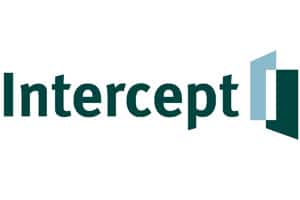 Intercept Pharma has only had a few months to revel in its first product launch before a safety warning from the FDA knocked it back.
Intercept Pharma has only had a few months to revel in its first product launch before a safety warning from the FDA knocked it back.
The US regulator issued a safety notice yesterday warning that the company’s Ocaliva (obeticholic acid) for primary biliary cholangitis (PBC) had been linked to 19 deaths and 11 cases of serious liver damage, saying it appears the drug is “being incorrectly dosed in some patients with moderate to severe decreases in liver function”.
Intercept claimed an accelerated FDA approval for Ocaliva in May 2016 and followed that with an EMA green light in December. Sales of the drug have grown steadily to reach $30m in the second quarter of 2017, and analysts have predicted that it could become a $1bn-plus product at peak, providing Intercept can muster approvals in additional indications such as non-alcoholic steatohepatitis (NASH) for which it is in phase III testing.
Shares in the company slumped by a quarter in the wake of the FDA announcement yesterday, as investors got jittery about the implications of the warning. It started to trend up again after-hours, however, on the back of analyst reports that suggested the drug’s potential for liver side effects is known and only a small proportion of patients are effected, ie those with compensated liver function.
PBC is a rare and life-threatening disease that causes the gradual destruction of the small bile ducts in the liver, allowing bile to build up in the liver and cause damage. Ocaliva is a first-in-class drug that works by stimulating the farnesoid X receptor, reducing the production of bile.
Analysts at RBC Capital Markets suggested that less than 5% of Ocaliva’s target patient population are at risk, and the rate of mortality was not dissimilar to that seen with the only approved PBC therapy – ursodeoxycholic acid (UDCA) or Urso, adding that a recent ‘Dear Doctor’ letter from the company highlighting the issue referred to high-doses of the drug used in development trials.
Leerink had a different take, however, suggesting that the tone of the FDA’s notice – and particular the phrase suggesting the drug “may also be associated with liver injury in some patients with mild disease who are receiving the correct dose” – is a cause for concern.
If the agency decides to implement a black box warning on Ocaliva’s label it could “face headwinds” even though the drug “remains the only approved second-line PBC therapy for patients that are suboptimal responders or are intolerant to ursodeoxycholic acid”.




